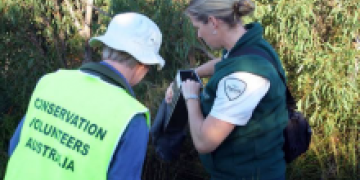Development of GIS-based electronic information points
Training and certification of National Park guides
Enhancing sustainable tourism in transboundary NPs
Sharing a common past through preservation of cultural sites
Strengthening transboundary cooperation through joint action
